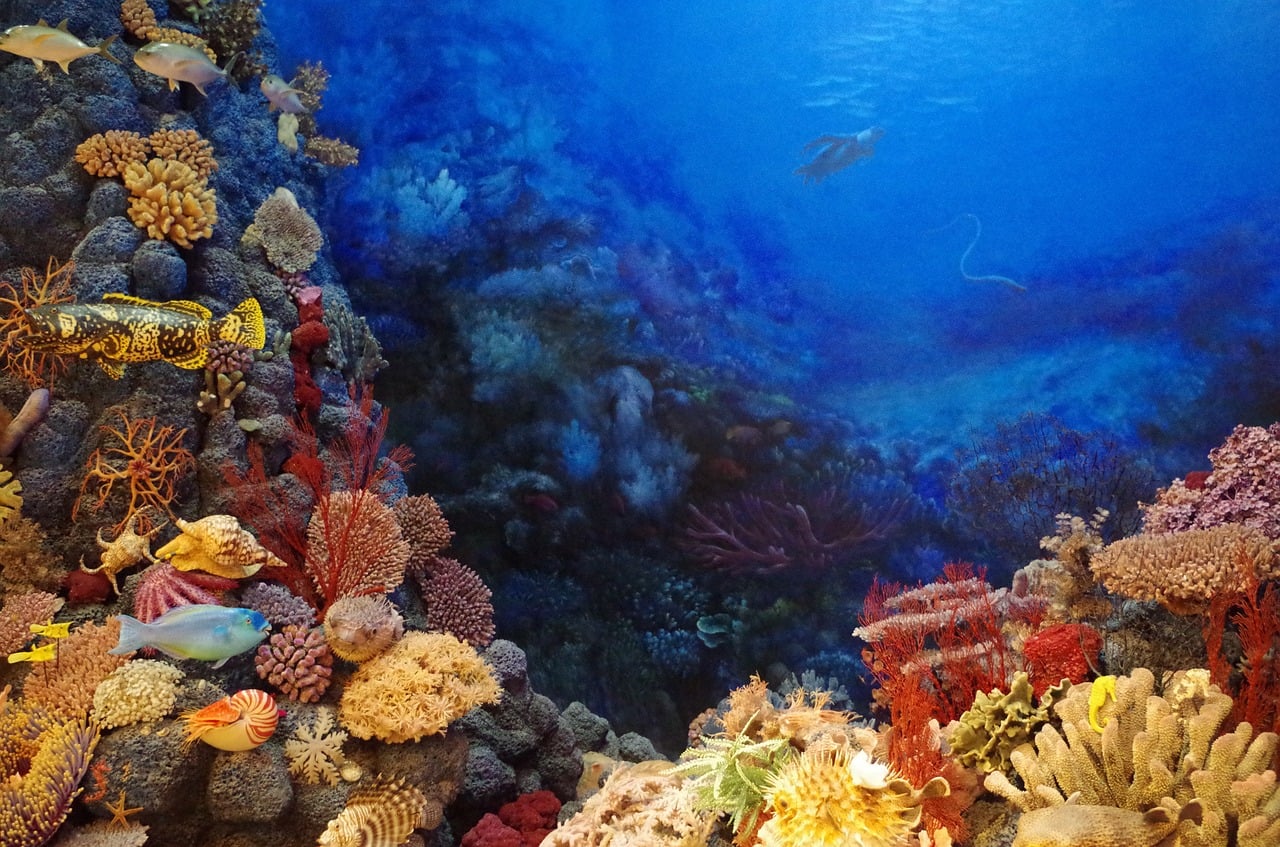Coral reefs are beginning to die out due to the growing threat of human-induced climate change. That said, almost as much as half of the world’s coral has died since 1980. That has bad consequences not only for the reefs, but the entire ecosystem that involves diverse marine species that find their homes in the reef. However, scientists have come up with a new guide which could help save coral reefs from climate change and restore their growth.
A team of researchers issued a new guide which could help world leaders address the problem of coral reefs dying. The report hints at several radical tools which could help reefs develop resilience, and find ways for the best and the most efficient intervention by humans.
Taking care of climate change is “the only way the corals are going to be able to thrive into the far future,” Stephen Palumbi, the committee’s chair and a marine biology professor at Stanford University, said at a public briefing in Washington, D.C.
There are several difficulties that the corals around the world face. They are facing pollution, overfishing, as well as the damage from coastal development. The biggest threat however, is coral bleaching which occurred with several devastating events since 2016 and are a result of polluted water that grows in acidity. This report focuses mostly toward prevention of coral bleaching.
The report consists of 170 pages, published by the 12-member committee, with the first meeting taking place back in February 2018. The interim report which was released back in November hinted at 23 radical strategies which could help save coral reefs from climate change. There are several methods, such as relocation, all the way to genetic altering of coral species, as well as antibiotic use.
Some techniques can already be used, while the other ones would need some time before they’re ready for application, which could take time anywhere from a few years to a few decades, according to an analysis.
“Though all of these interventions entail some risk, the risk from doing nothing is increasing year by year,” committee member Nancy Knowlton, a reef biologist and former Sant Chair in Marine Science at the Smithsonian Institution, said in a statement.
The temperature in the ocean continues rising and if the planet warms by 2.7 degrees Fahrenheit, the coral reef population decline could jump by 70 to 90% according to a warning from the United Nations.
Nations that are interested in taking part in this project which could help save coral reefs from climate change, can check out the report which contains a guide and information about the risks and benefits of the technique implementations.
“The science of coral reef interventions is still young, and particular environments may respond to them in different ways,” Palumbi said in a press statement.





